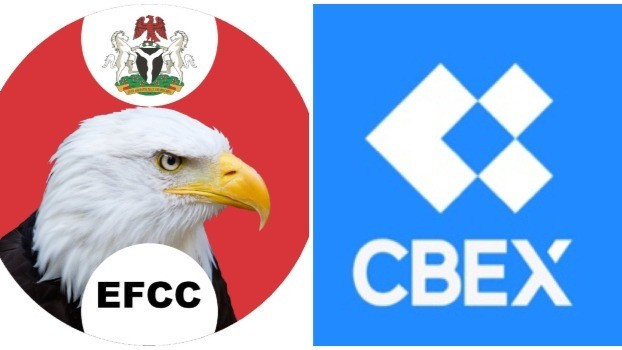By Segunfunmi Olajide – CEO & Internet Policy Expert, Heritech Consulting
The recent decision by Nigeria’s Competition and Consumer Protection Tribunal (CCPT) to uphold a $220 million fine against Meta Platforms Inc. and its subsidiary WhatsApp has sent a clear signal—not just to tech giants, but to the entire digital ecosystem in Africa. While the ruling was framed around discriminatory data practices and compliance gaps with local regulations, it also opened up broader conversations about the evolving landscape of data sovereignty, business innovation, and trust-based regulation in emerging markets like Nigeria.
As a policy expert deeply engaged with internet governance both locally and globally, I believe this development offers a dual challenge and opportunity for governments and businesses alike.
The Crossroads of Sovereignty and Globalization
Nigeria, like many countries in the Global South, is asserting its data sovereignty. The move by the Federal Competition and Consumer Protection Commission (FCCPC) to fine a global tech giant reflects a growing determination to ensure that digital players—regardless of size or origin—play by the rules. While such assertiveness is understandable, especially in the face of cross-border data flows and opaque algorithmic practices, we must balance sovereignty with global interoperability.
If care is not taken, policy decisions framed solely around enforcement can risk sending the wrong signals to investors who see Nigeria as a gateway into Africa’s digital economy.
What This Means for Nigeria’s Digital Economy
Nigeria’s ambitions to become Africa’s digital powerhouse hinge not just on protectionist policies, but on open, transparent, and collaborative regulation. Enforcement actions must be accompanied by a broader strategic vision—one that encourages innovation, protects consumers, and still makes room for multinationals to grow responsibly.
We must ask: How do we enforce compliance without creating friction that stifles investment and innovation?
This is where policy clarity and regulatory certainty come in. Businesses—especially multinationals—thrive in predictable environments. Nigeria must resist the temptation to lean heavily into high-profile enforcement without building clear, proactive engagement frameworks with global players.
Global Context: Not Just a Nigerian Issue
Across the world, regulators are grappling with similar concerns. From the EU’s GDPR fines to India’s tightening data localization requirements, a global pattern is emerging. But there’s a key difference: in jurisdictions that attract continued investment, enforcement is typically preceded by engagement.
Nigeria must emulate this model by creating platforms for public-private dialogue, advance notice on evolving policies, and consistent application of rules.
A Call for Collaborative Regulation
As someone who has worked at the intersection of policy development, business advocacy, and internet governance across African and global platforms—including ICANN and other multistakeholder forums—I firmly believe the future belongs to collaborative regulators and solution-oriented businesses.
We must:
- Create early-warning regulatory systems for businesses to understand and prepare for changes.
- Develop local capacity to understand complex cross-border tech operations before jumping to punitive measures.
- Foster sectoral advisory groups involving businesses, regulators, and civil society to co-design policies.
Final Thoughts: Building a Digital Nigeria That Works for All
The Meta fine is a watershed moment. But its real value will be seen not in the payment of $220 million, but in what Nigeria does next.
As we tighten our digital policies, we must equally build bridges of trust with multinational businesses, ensuring they see Nigeria not as a regulatory risk, but as a partner in Africa’s digital transformation. This is where I continue to lend my voice—as a policy expert who believes that Nigeria’s future lies in harmonizing regulatory integrity with business confidence.
Let’s not choose between sovereignty and innovation. Let’s lead with both.


